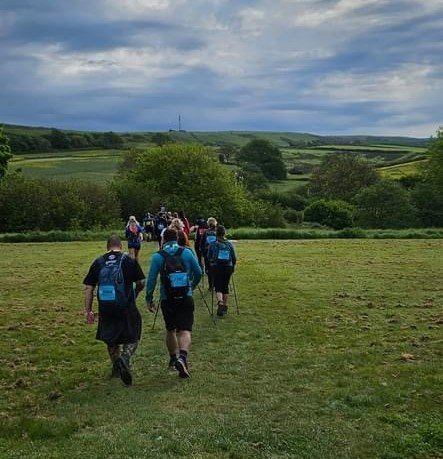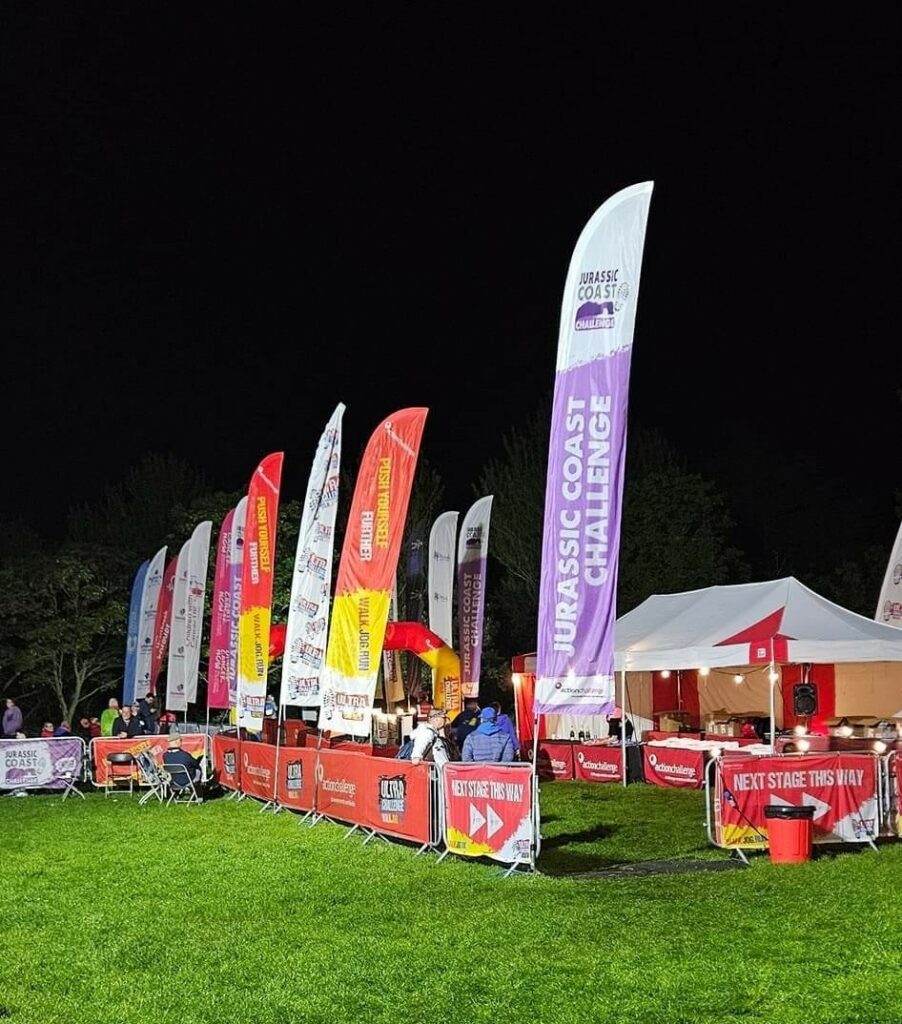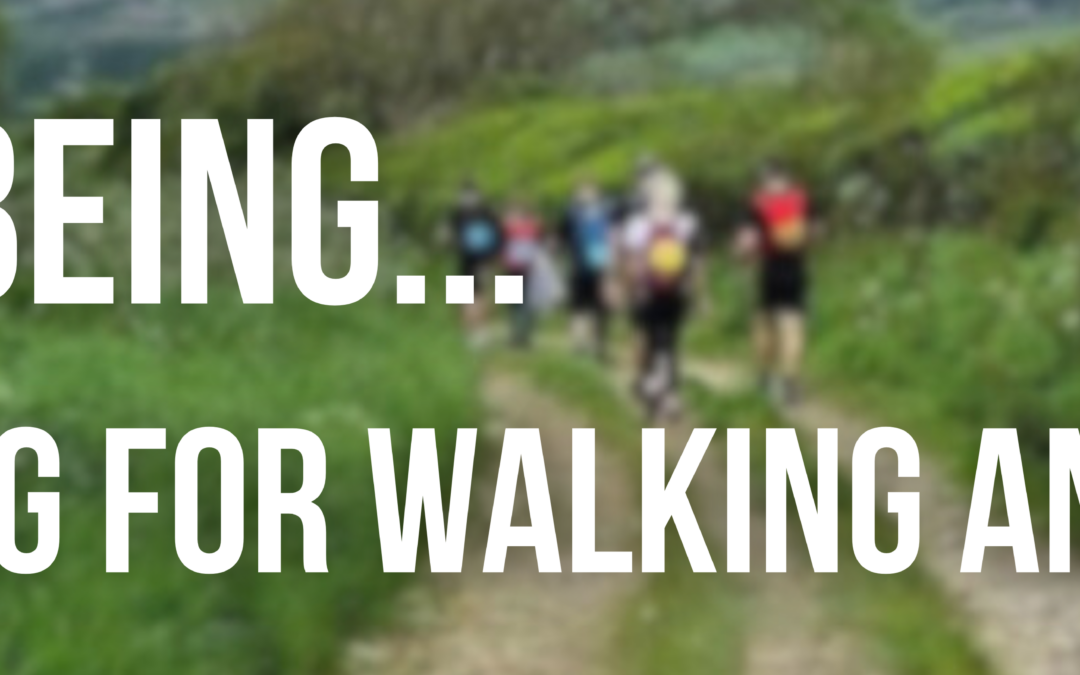What is an ultra? An ultra is anything beyond a marathon distance of 42k.
Training is critical for comfort and success at a long-distance walking event. If you are new to walking any kind of distance you need to start on a building a base, then look at increasing milage.

To reduce the risk of injuries, increase milage by no more than 10% each week, this way it builds muscle and endurance at the same time. Training for an ultra can take months, for example if you were to be walking 100k, a reasonable starting point would be 10k. A lot of people may start from the bottom and complete a 5k, 10k, half marathon, full marathon distance before taking on such a big challenge. Regular training walks, sensibly upping the milage and making sure you have adequate rest will help you get ready for the challenge! Completing training walks back-to-back on successive days are a must to get the body used to walking when you are tired and body is fatigued. When training for distances of 50-161 kilometres the longest distance to train should not need to exceed 20 to 25 miles, which you should try and perform at least twice in the two months prior to the event. Then taper the month before the event down to 10-15 miles. This type of event you need endurance and not speed, you will not need to train for anything faster than a 15-minute mile. It’s all about building mental stamina for walking for hours and hours at a steady pace.
Depending on whether you are doing an organised event or not, be sure to study your course map, making yourself aware of rest stops, water stops and generally more difficult bits of the course.
Many organised events will provide weekly training plans to help you prepare for the event.

Hydration
One of the most important things when doing an ultra! You need plenty of fluids on board and the body will need hydrating regularly, especially if it is a warmer day! Water is fine for anything less than 20k. Electrolytes will help with any longer distance.
Nutrition
Your body will burn a lot of calories doing long distance walking. Food is so important to fuel the body to keep going. Never start on an empty stomach and make sure you have plenty of snacks or make the most of the pit stops when doing an organised event. These can often have a large variety of food with something for everyone! An endurance athletes’ diet will be a mix of 70% carbs, 20% protein and 10% fat. You need to make sure you get enough salt in your body for long distance walking.
Gear
Train in the gear you will be wearing during your walk so you can see how things are. Are the clothes comfortable and does the bag have enough capacity? Do not try anything new on the event day that has not been used in training. Make sure footwear is well worn in and used on training walks. Getting some good quality walking socks and changing them every 10-15k helps prevent blisters from too much moisture and helps the feet stay well. Feet are the most important thing when walking an ultra, make sure you look after them and work out what works for you to prevent blisters. Stop at the first sign of any hot spots and deal with them with supplies or a medic tent. Think about layers, climate and terrain!
Be physically prepared and then it’s just the mental battle!

Blog by Kim Sevier – Personal Trainer

